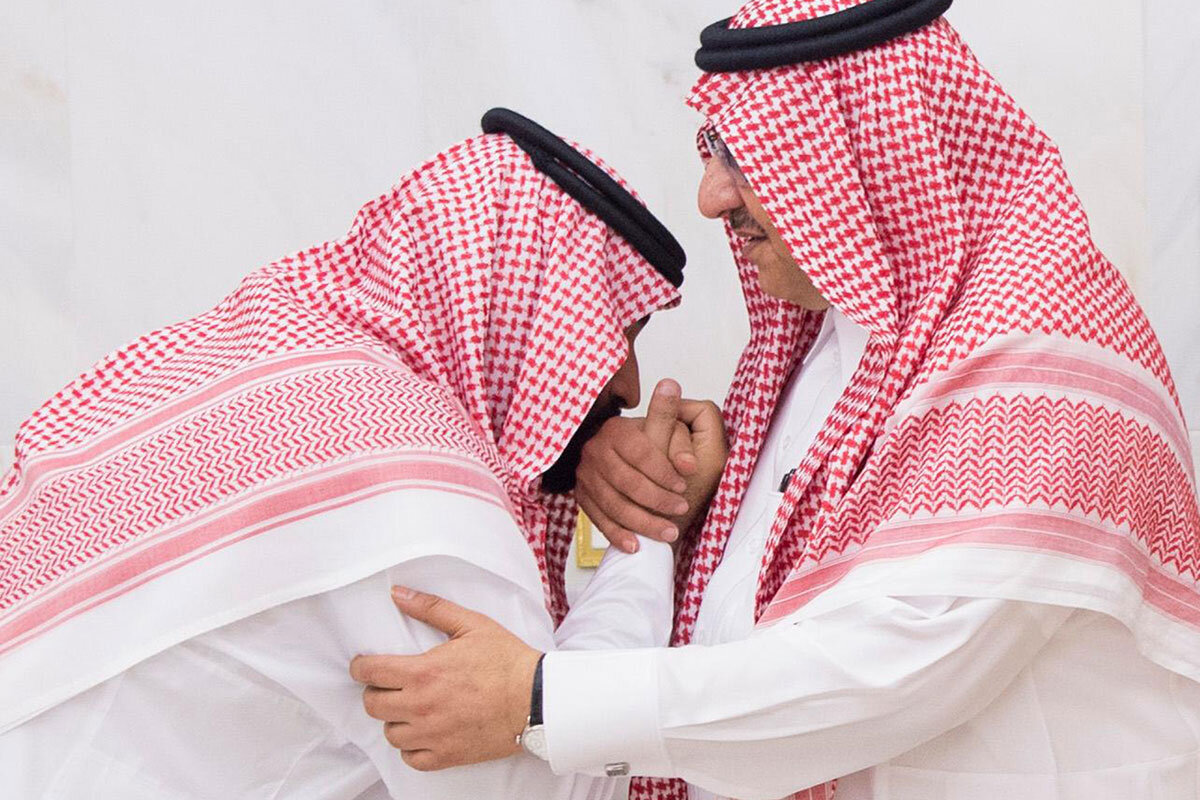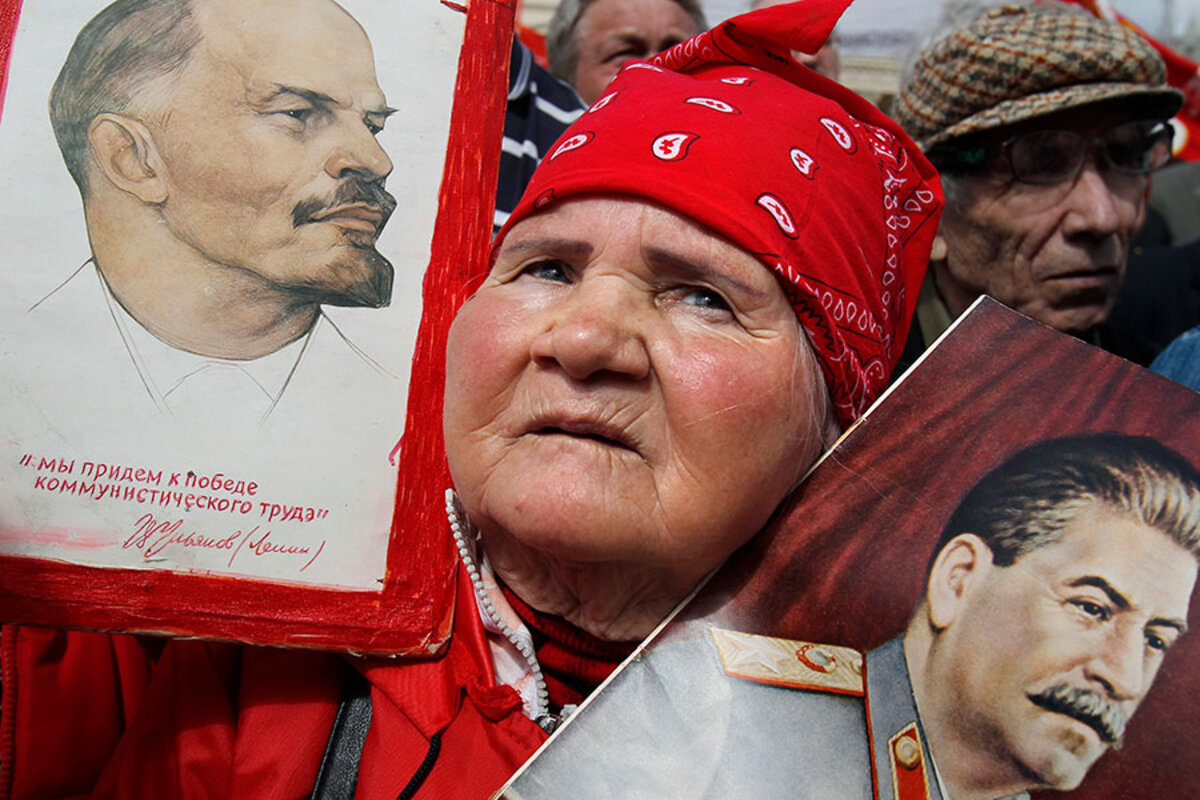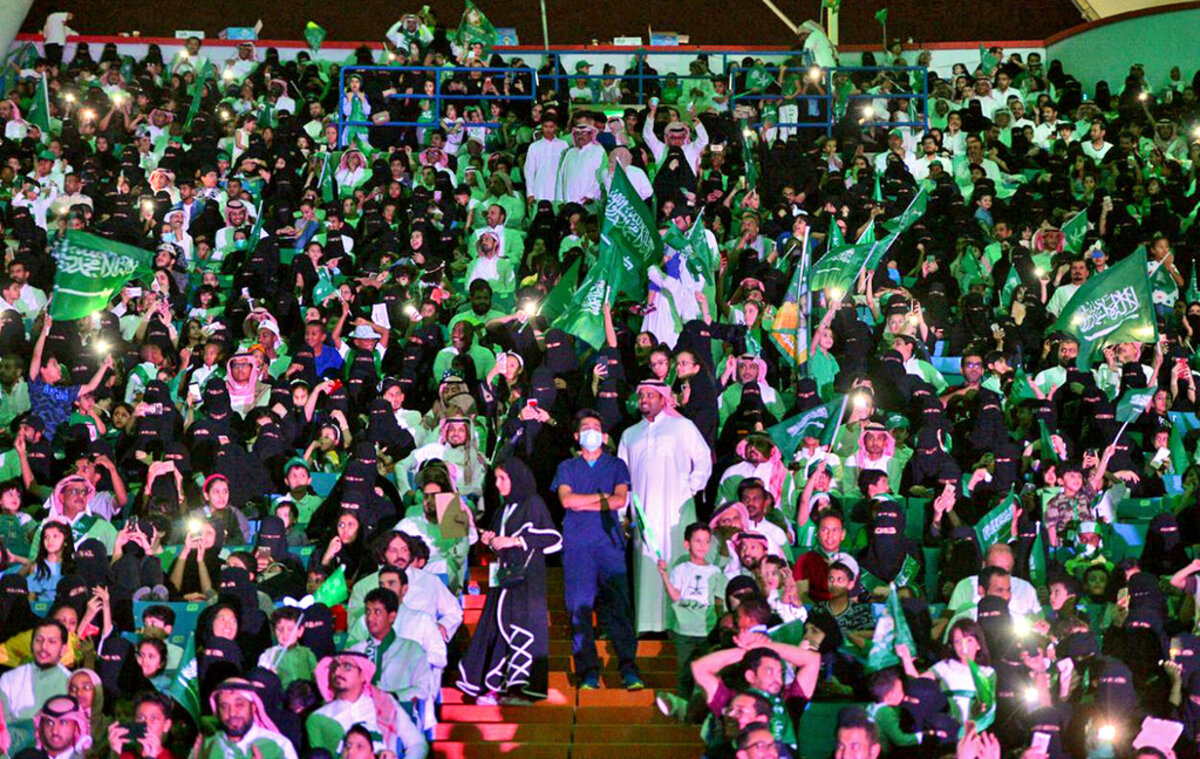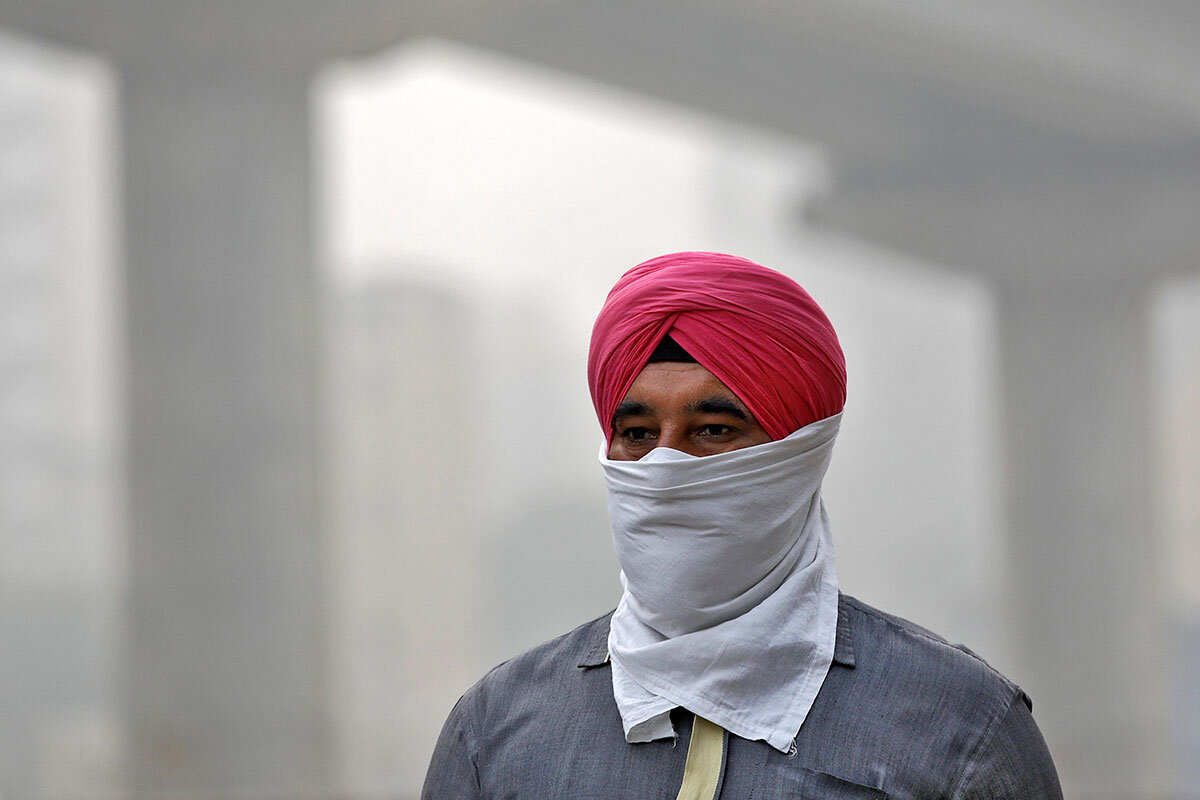When it comes to Asia security threats, North Korea is top of mind now. But China keeps planting flags in the South China Sea, where it sees military control as key to its security. And that in turn is raising security concerns among its neighbors. How will Trump handle this issue?
Monitor Daily Podcast
- Follow us:
- Apple Podcasts
- Spotify
- RSS Feed
- Download
 David Clark Scott
David Clark Scott
Tareq Hadhad builds bridges with chocolate.
Let me explain.
Mr. Hadhad is a Syrian refugee who fled the war in 2013. After three years in a Lebanese refugee camp, he and his family went to Canada. At the airport, he says, no one called him a refugee. They called him a “new Canadian.”
That generosity of spirit, Hadhad says, prompted him to wonder how to give back to his new country. His father, once a chocolatier in Syria, started taking a few homemade chocolates to the farmers market in Antigonish, Nova Scotia. After a few visits, lines started to form.
Soon, about 50 neighbors helped build a barn for a backyard chocolate factory. Orders soared. A new, bigger Peace by Chocolate factory opened this fall.
“People don’t buy what you do, people buy why you do it,” Hadhad told the Gauntlet.
“We call it Peace by Chocolate not to be a business, but to be a message from the newcomers to the new homeland ... about how the Syrians … are giving back.”
So, the Hadhad family is creating jobs in Canada, and building bridges across chasms of bigotry, distrust, and fear. One chocolate at a time.
Now, we've selected five stories intended to highlight security, integrity, and compassion at work.











